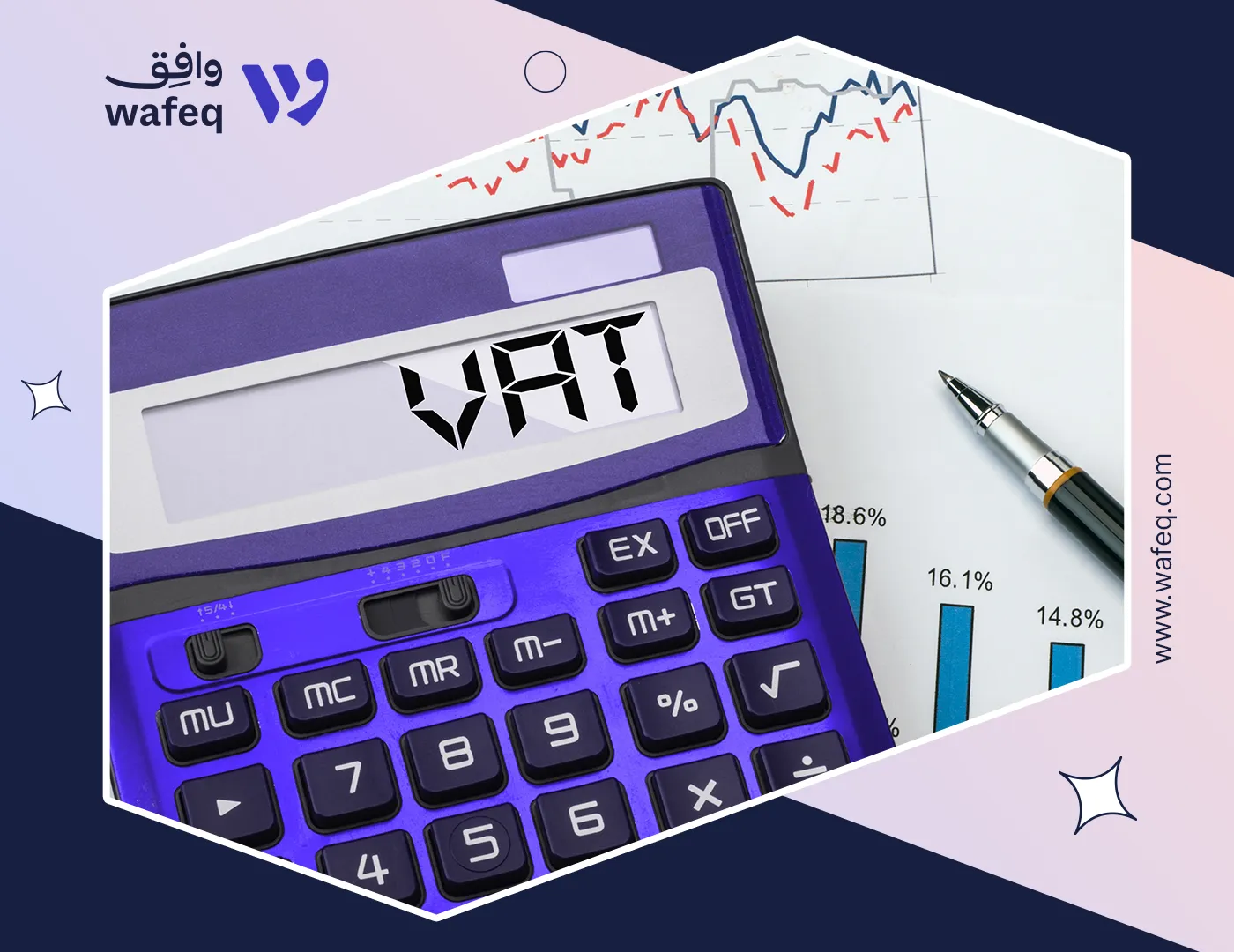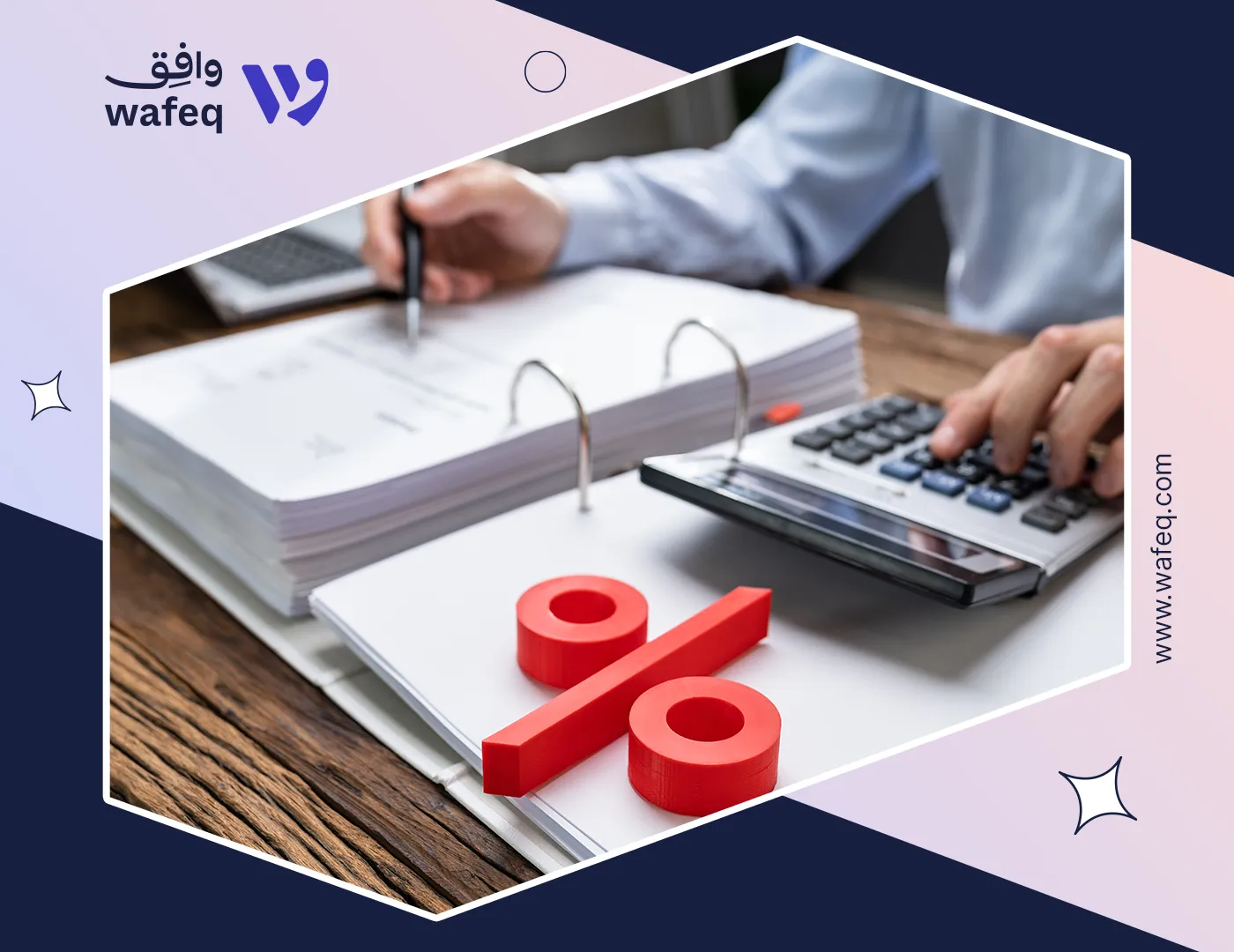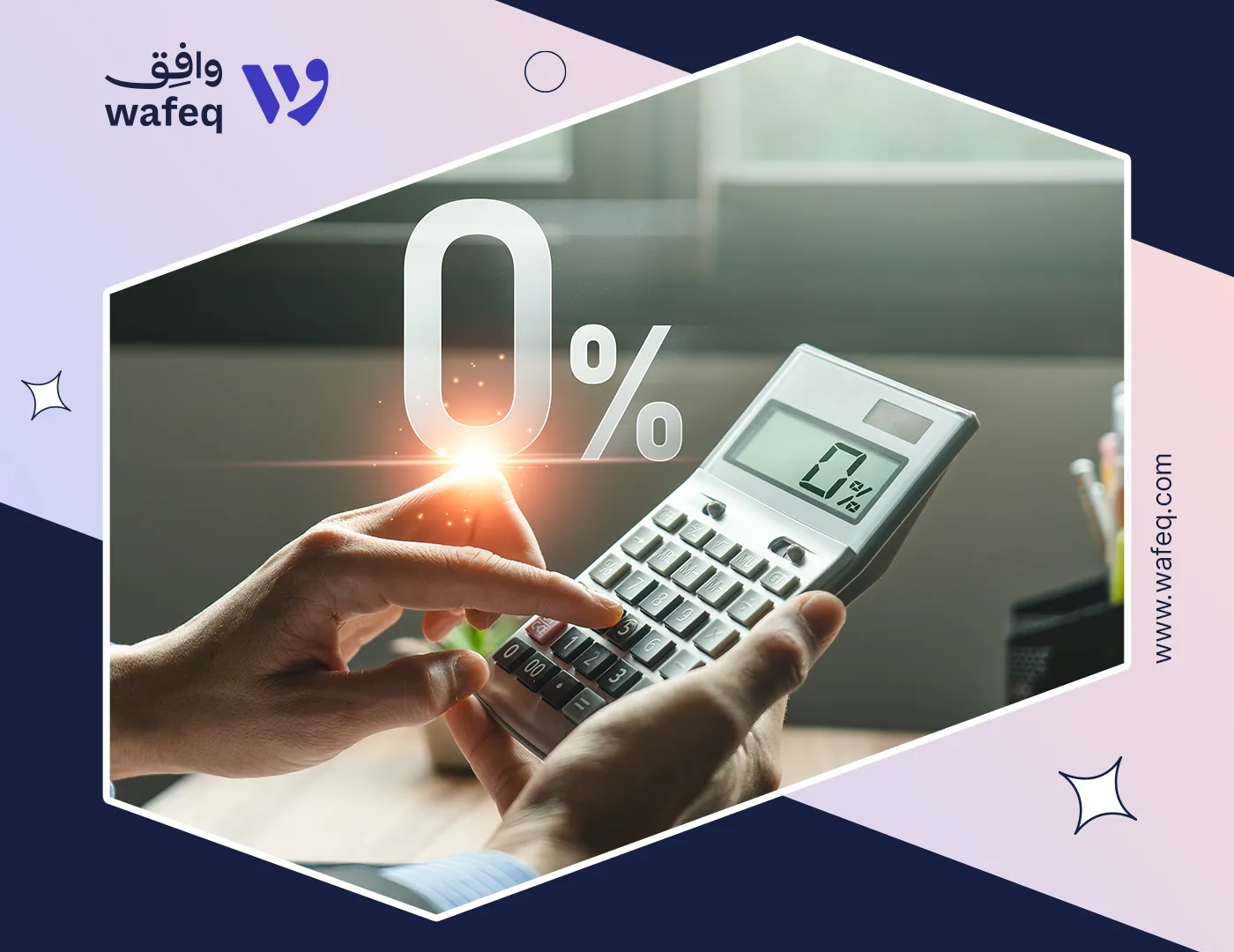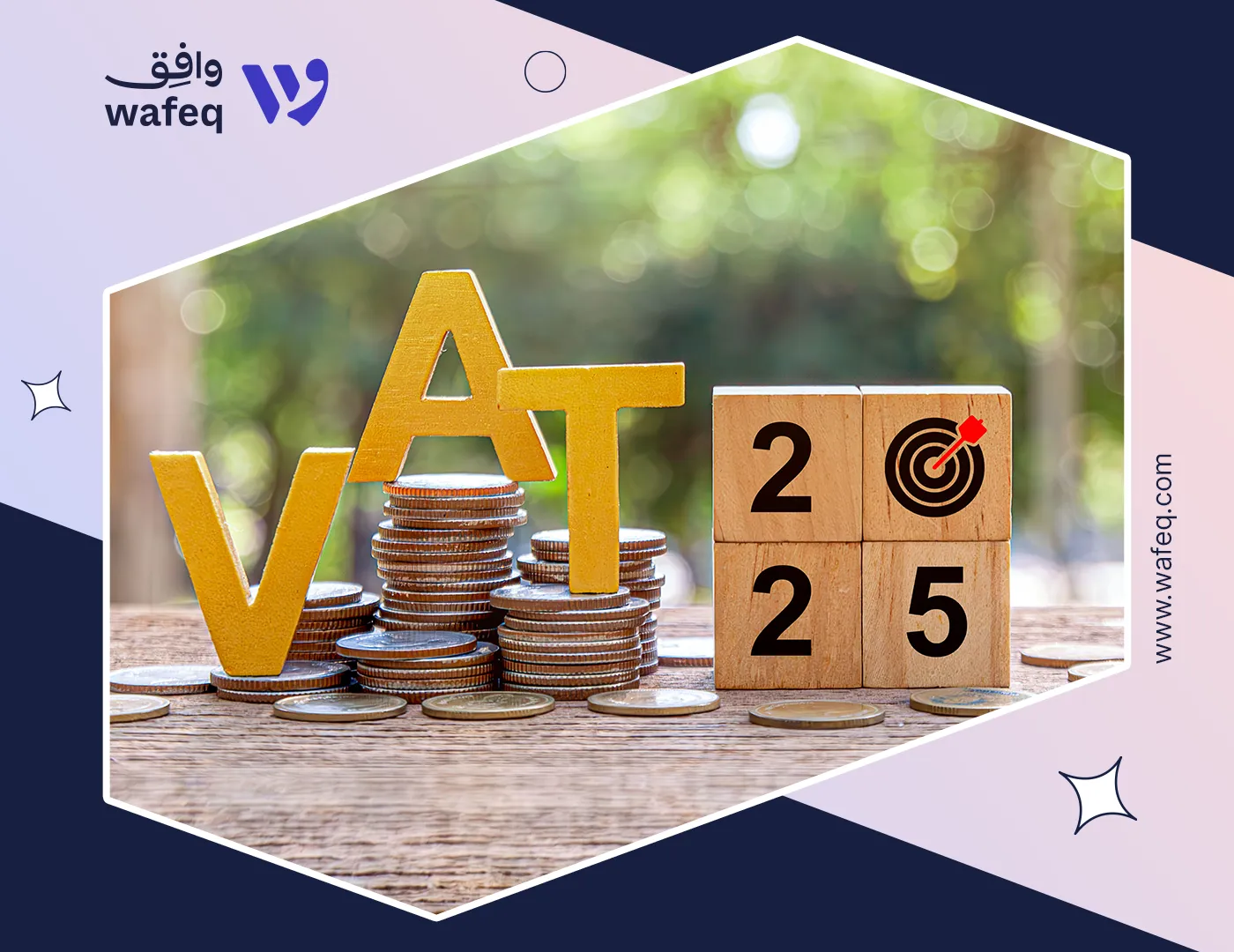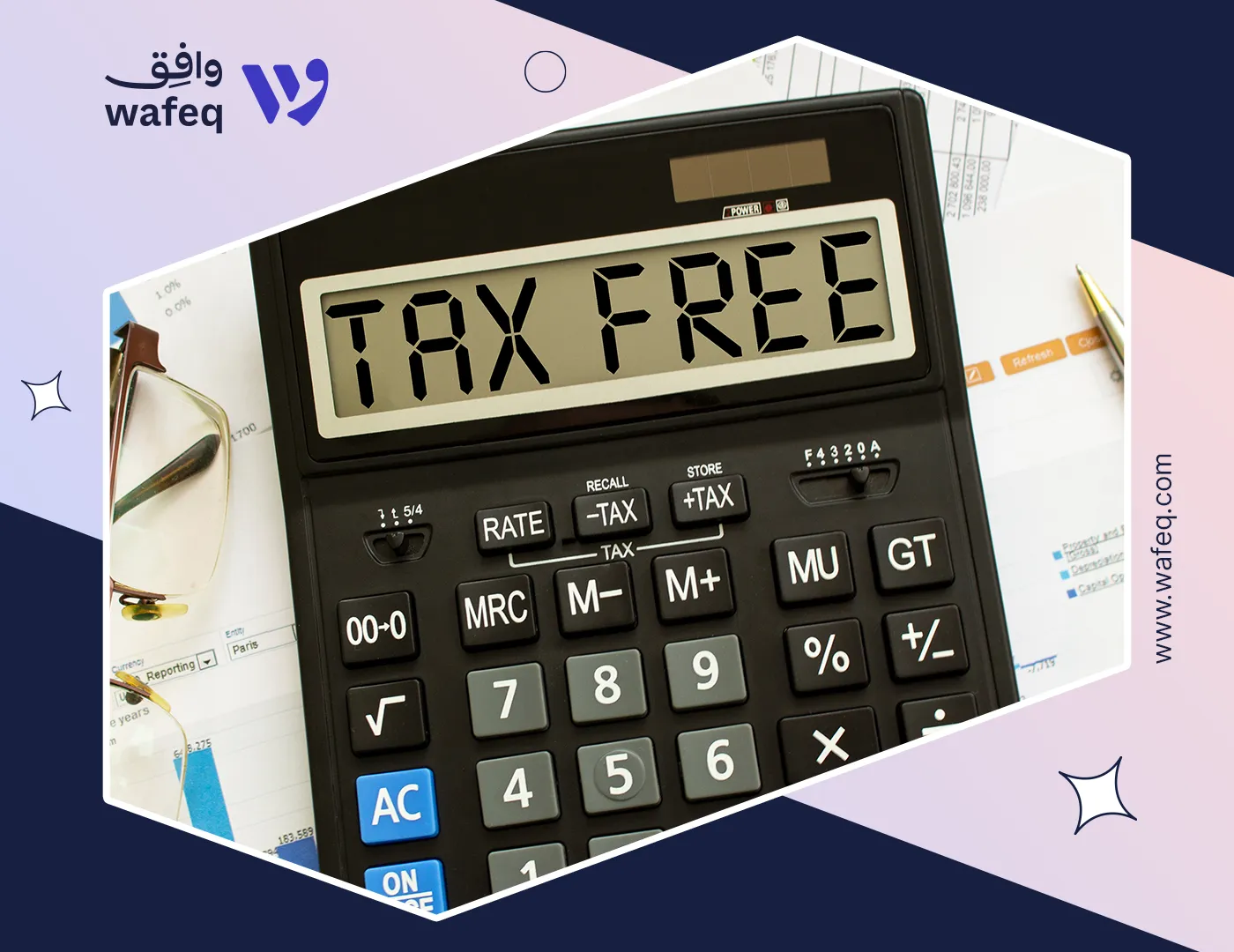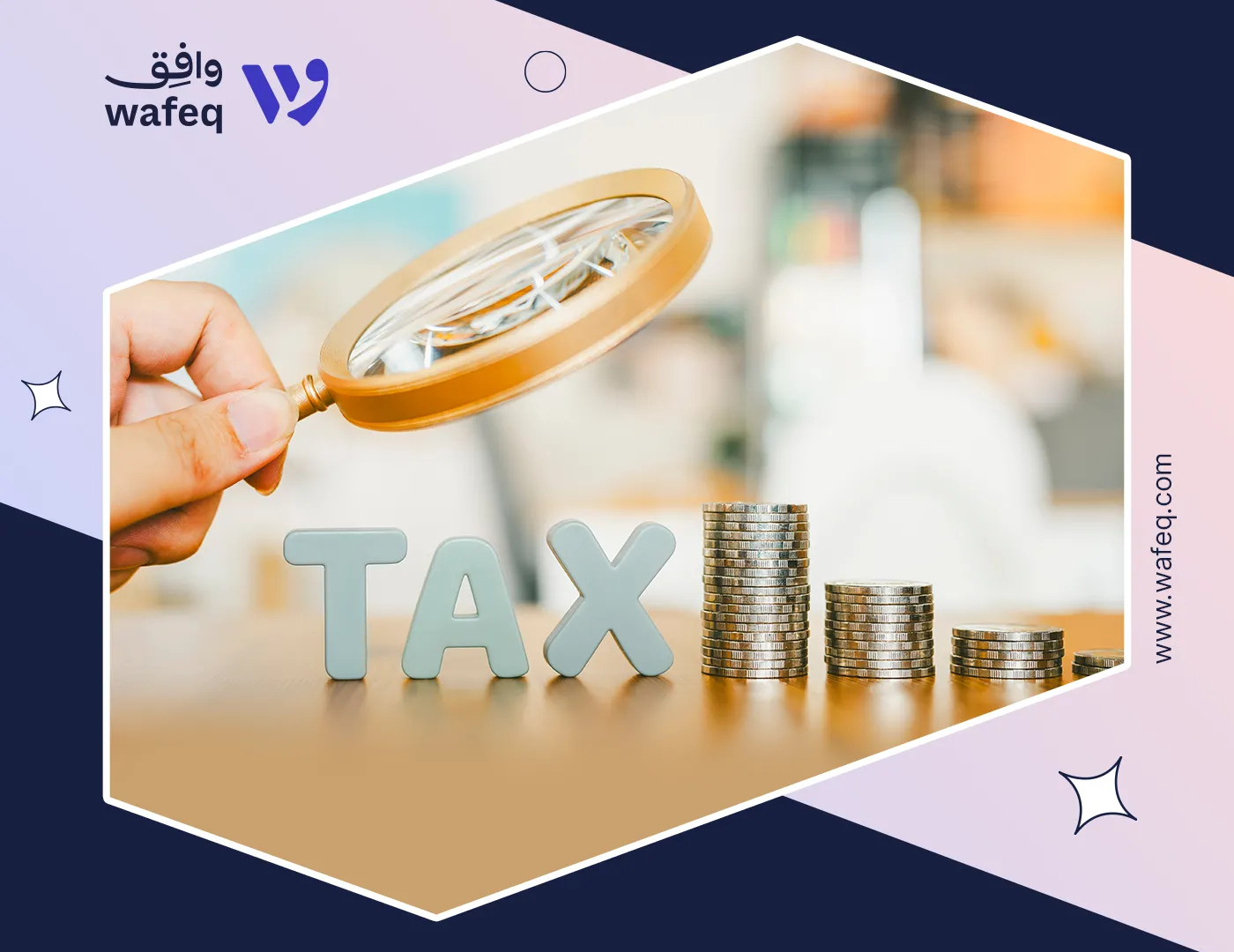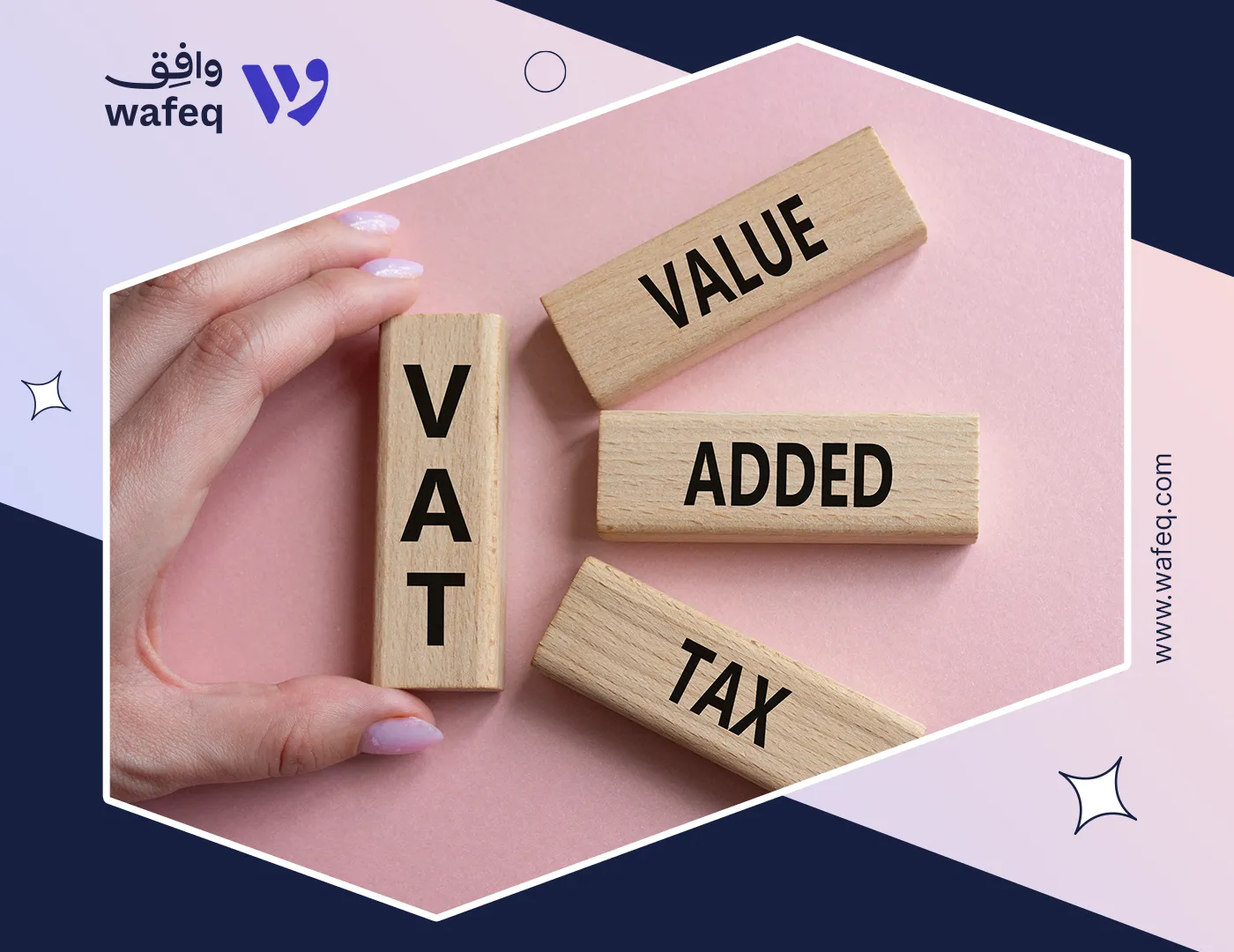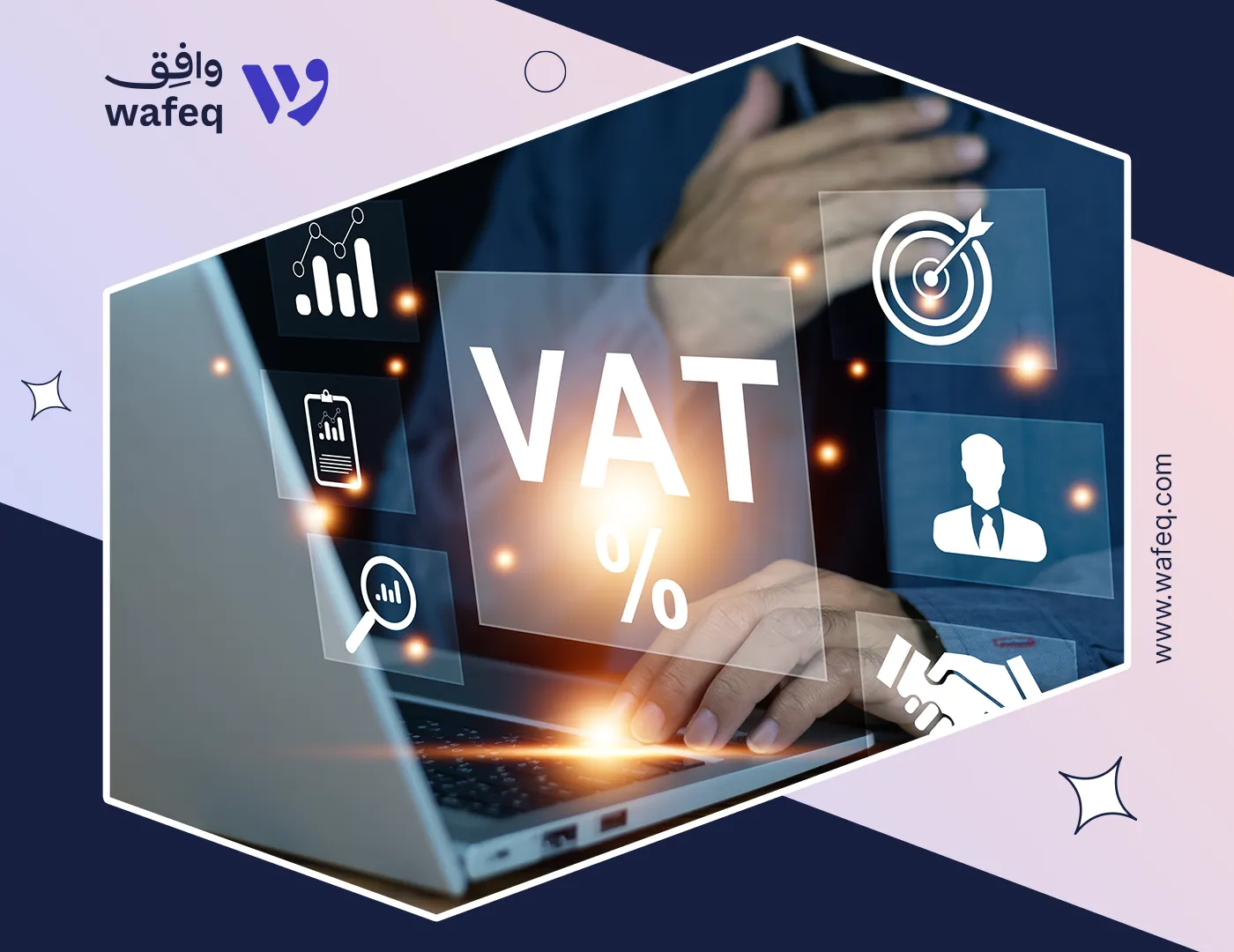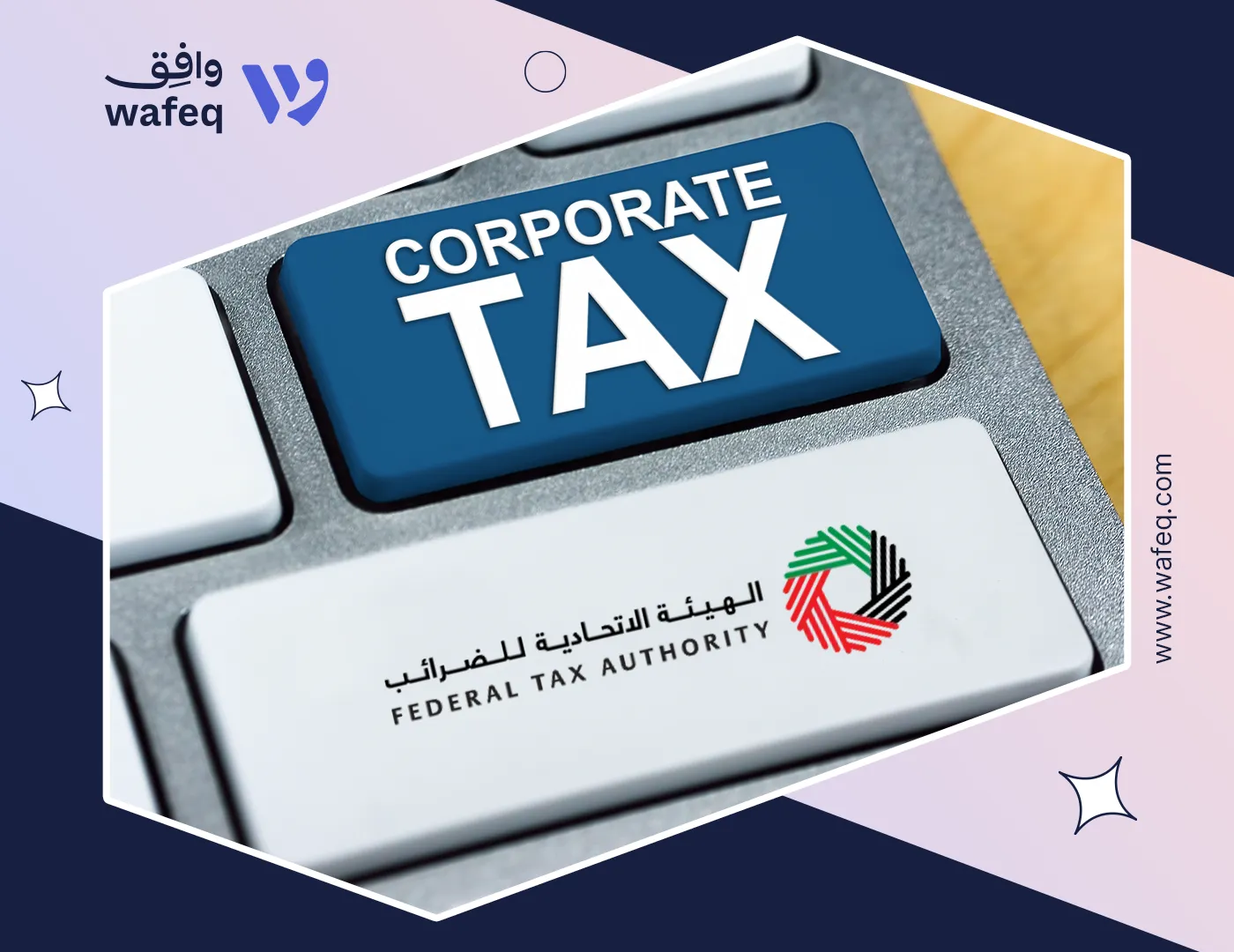VAT transitional rules for intra-GCC supplies (UAE and KSA)
The UAE will treat movements of goods between the UAE and KSA as non-GCC exports and imports for a transitional period until both the UAE and KSA recognize each other as VAT implementing states. The FTA announced that the approach discussed below for the supply of services between the UAE and KSA is also applicable for the supply of goods between the UAE and KSA.
Services from a provider in the UAE to a customer in KSA
According to the customer’s status in KSA, the services provided by the UAE supplier to the customer in KSA will have these supplies fall under VAT. Since KSA is considered a non-GCC state during the transitional period, the provided services will be considered as “exported” to a non-GCC recipient taxed at 0.00% UAE VAT.
Requirements for UAE service providers supplying to registered customers in KSA
The services have to be reported as zero-rated supplies on the UAE VAT return. The supplier should provide the recipient with a document that includes the information that is usually provided in the tax invoice
Requirements for UAE service providers supplying to non-registered customers in KSA
Taxable supplies should be under 0.00% VAT instead of 5.00% VAT. Exempt services will benefit from a 0.00% VAT to allow recoverable input tax. i.e., Financing services. The supplier is not obliged to issue simplified tax invoices provided he/she provides enough evidence of the specifics of the supplies.
Requirements for a supplier from KSA to a customer in the UAE
- Customers who are registered for VAT in the UAE and receive concerned services from a supplier in KSA are required to account for VAT under the reverse charge mechanism when applicable.
- Customers who are not registered for VAT in the UAE and receive taxable or non-taxable supplies from a supplier in KSA are dependent on whether KSA applies reciprocal transitional measures for services.

